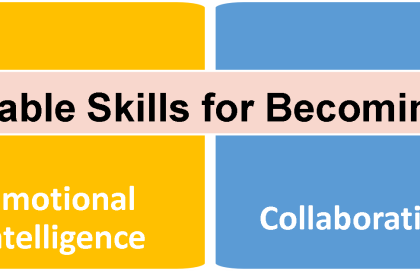Jeanne Hathcock, a Certified Master Coach, shares her experience with a unique application of coaching in this 3-part blog series.
My first trip to Haiti occurred in November, 2010, ten months after the earthquake that devastated what little infrastructure Haiti had. I was with a group of strangers and a local interpreter. It gets pitch black in Haiti around 5:30 pm. Electricity is an extravagant resource. On the mission field, it is customary to have a team debriefing talk each day to ensure the team is communicating well and getting along. My team leader chose for us to sing a few hymns each evening and then debrief how the day went. We discussed how the work project was going, did anyone have any issues, etc. These sessions left me needing and wanting more. I wanted to discuss what I was seeing and feeling. I wanted to talk about what we could do with the resources we had and with resources we could obtain for future teams. The meetings were held in almost complete darkness, except for an occasional flashlight. Batteries were scarcer than access to a generator for a few hours each day.
When preparing for my return to Haiti in February, 2012, I remembered how disappointed I was with my team debriefing time on my previous trip and how difficult it was for me to process the thoughts and emotions I was experiencing. I knew I wanted something different for the team I was leading.
After careful consideration of each team member and a thoughtful review of what my team would most benefit from, I chose to introduce a group coaching environment to replace regular team debriefs. I chose group coaching because it offered an environment for my team to share and experience more in a safe, non-judgmental way. The group coaching would be focused on present thoughts, feelings, and the needs of the community of which we were a part. This focus, when coached well, would enrich and enhance my team’s Haiti emersion to the fullest.
With a large mix of experience as missionaries on my team, I knew everyone would gain from a group coaching approach to the evening debrief. It was important to me to have 100% participation in these sessions. A group coaching environment provided an opportunity for this debriefing time to be self-led and guided. I had facilitated several team meetings prior to our departure to Haiti, so everyone was already getting comfortable with one another and I could tell this team wanted more from their time in Haiti — beyond the usual mission field experience. Battling darkness was an issue and I made sure to bring additional battery powered lighting to be used specifically during the group coaching sessions. It was my hope the illumination of this time would boost additional energy and emphasize to the team this time was important for them and for the people we were serving in Haiti without my having to vocalize it to them. As the coach, I also recognized this was their Haiti mission experience and therefore they needed to be leading and guiding each other. It was my job to provide a structured format and clarify ground rules; it was their job to give this time purpose and direction.
In the next blog post, learn about preparing for Group Coaching.


